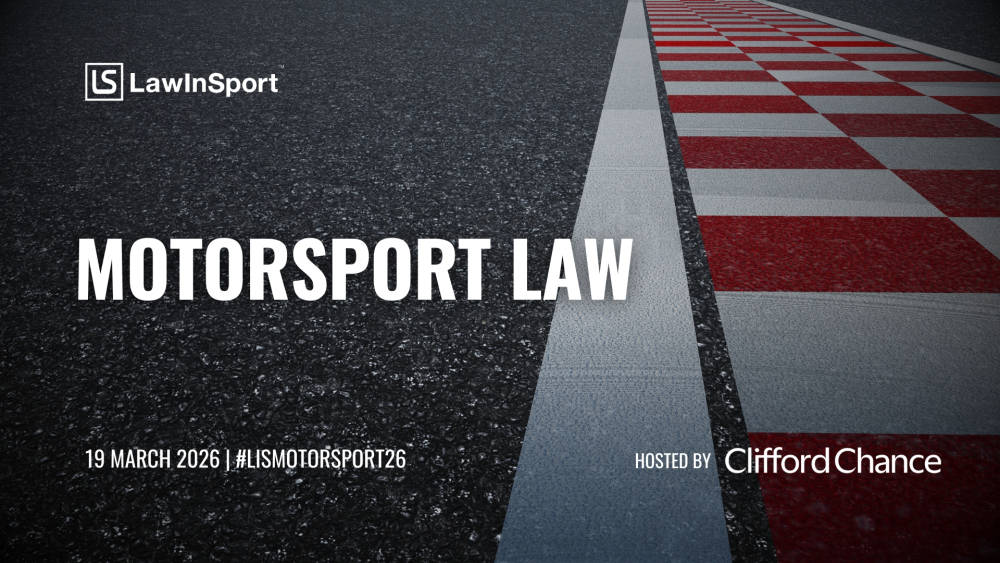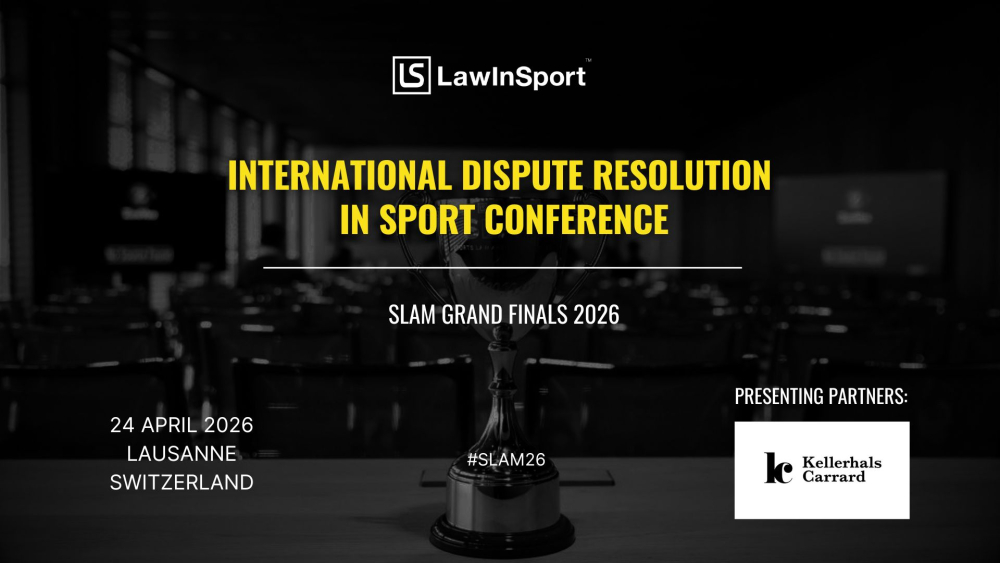An Analysis of German Football's 50+1 Rule & the Federal Cartel Office's Concerns

German football is often regarded as a stronghold of footballing tradition due to its strict ownership rules. However, after the Federal Cartel Office (FCO) published its latest (preliminary) assessment of the rules, this cornerstone of German football stands at a crossroads. While the FCO has not raised antitrust concerns regarding the current rules as such, it sees the need for several improvements to ensure compliance with EU antitrust law. Not only does the FCO criticise that the current rules are not consistently applied and enforced, but it also raises concerns regarding exemptions granted to clubs like Bayer Leverkusen 04 or VfL Wolfsburg and wants to close certain loopholes allowing for additional influence in clubs by investors despite ownership limitations. With the FCO’s list of concerns, the Deutsche Fußball Liga e.V. (DFL – the German football league responsible for organising and managing the top two professional football leagues in Germany, the Bundesliga and the 2. Bundesliga) is now on the verge of a major reform of its rules.
This article provides an overview of the background and complexities of the German football club ownership rules; the newly raised concerns of the FCO; and how they may affect German football going forward.
Article Outline
To continue reading or watching login or register here
Already a member? Sign in
Get access to all of the expert analysis and commentary at LawInSport including articles, webinars, conference videos and podcast transcripts. Find out more here.
Related Articles
- How financial regulation affects competition across Europe’s big five football leagues
- Should fans play a greater role in the ownership of English & Welsh football clubs?
- Football club ownership in Germany – less romantic than you might think
- What is a ‘golden share’ in a football club & should fans have one?
- A guide to the legal due diligence process when buying a football club
- Investing in Italian professional football: The evolving landscape of club ownership rules between reforms and challenges
Written by
Sebastian Plotz
Sebastian Plötz is a Managing Associate in Linklaters’ Antitrust and Foreign Investment Group in Düsseldorf. He comprehensively advises and represents clients before the Federal Cartel Office and the EU Commission as well as national and European Courts on competition law matters.
Aurelien Homann
Arvid van Loon
Arvid van Loon is an Associate in Linklaters’ Antitrust and Foreign Investment Group in Düsseldorf. As the subject of his PhD thesis, he examined reforms of football associations, including the 50+1 rule, from an antitrust law perspective.






